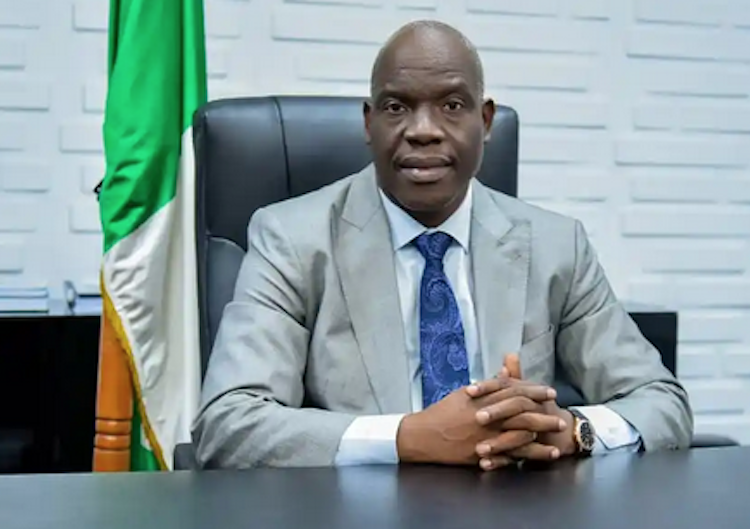Nigeria’s upstream oil and gas sector has attracted $18.2 billion in new investment commitments, unlocking up to 1.4 billion barrels of oil and 5.4 trillion cubic feet (TCF) of gas, the chief executive of the Nigerian Upstream Petroleum Regulatory Commission (NUPRC), Engr. Gbenga Komolafe announced on Tuesday.
This surge in investment is accompanied by a significant rise in rig count from just eight in 2021 to 43 as of September 2025, signalling a revival in upstream activities.
Speaking at the Africa Oil Week in Accra, Ghana, Engr. Komolafe attributed these achievements to Nigeria’s competitive reform agenda under President Bola Tinubu’s renewed vision for the energy sector.
The commitments are expected to add 591,000 barrels of oil per day and 2.1 billion standard cubic feet per day (BSCFD) of gas, pushing Nigeria closer to its goal of producing over three million barrels of crude oil per day.
The NUPRC boss highlighted that the Petroleum Industry Act (PIA), 2021, has ushered in a new era of governance, fiscal reform, and institutional realignment, creating a conducive environment for investment.
He revealed that since its inception, the Commission has enacted 24 transformative regulations, 19 of which have been gazetted to implement key provisions of the PIA. The NUPRC has also launched a comprehensive Regulatory Action Plan (RAP) to remove bottlenecks, ease entry barriers, and ensure timely and transparent licensing rounds.
Among notable developments in 2025, the commission approved 28 new Field Development Plans (FDPs), unlocking the substantial oil and gas volumes mentioned earlier alongside $18.2 billion in capital expenditure commitments. Major projects such as the $5 billion Final Investment Decision (FID) for the Bonga North deep offshore development and the $500 million Ubeta Gas Project underpin the sector’s renewed dynamism, with several other projects like HI NAG Development, Ima Gas, Owowo Deep Offshore, and Preowei Fields poised for additional FIDs.
Since President Tinubu took office, five major acquisition deals worth over $5 billion have been sanctioned, facilitating greater participation by ambitious indigenous players. Recent bid rounds and concession awards, including the 57 Production Sharing License (PPL) awards in 2022, the 2022 Mini-Bid Round, and the 2024 Licensing Round, were conducted with unprecedented transparency and competitiveness, leading to successful uptake of 27 out of 31 blocks offered in 2024.
Engr. Komolafe affirmed that Nigeria stands at the dawn of a new era characterised by clarity, competitiveness, and confidence.
“With the Petroleum Industry Act as our foundation, reinforced by bold Presidential Executive Orders and transformative regulatory initiatives, we are not just opening our doors to investment; we are building a world-class upstream environment that rewards ambition, innovation, and responsibility,” he said.
These developments underscore the sector’s growing attractiveness and its vital role in strengthening Nigeria’s energy security, economic growth, and shared prosperity across Africa.
This transformation marks a key milestone in the country’s upstream oil and gas journey, poised to deliver substantial benefits for years to come.





